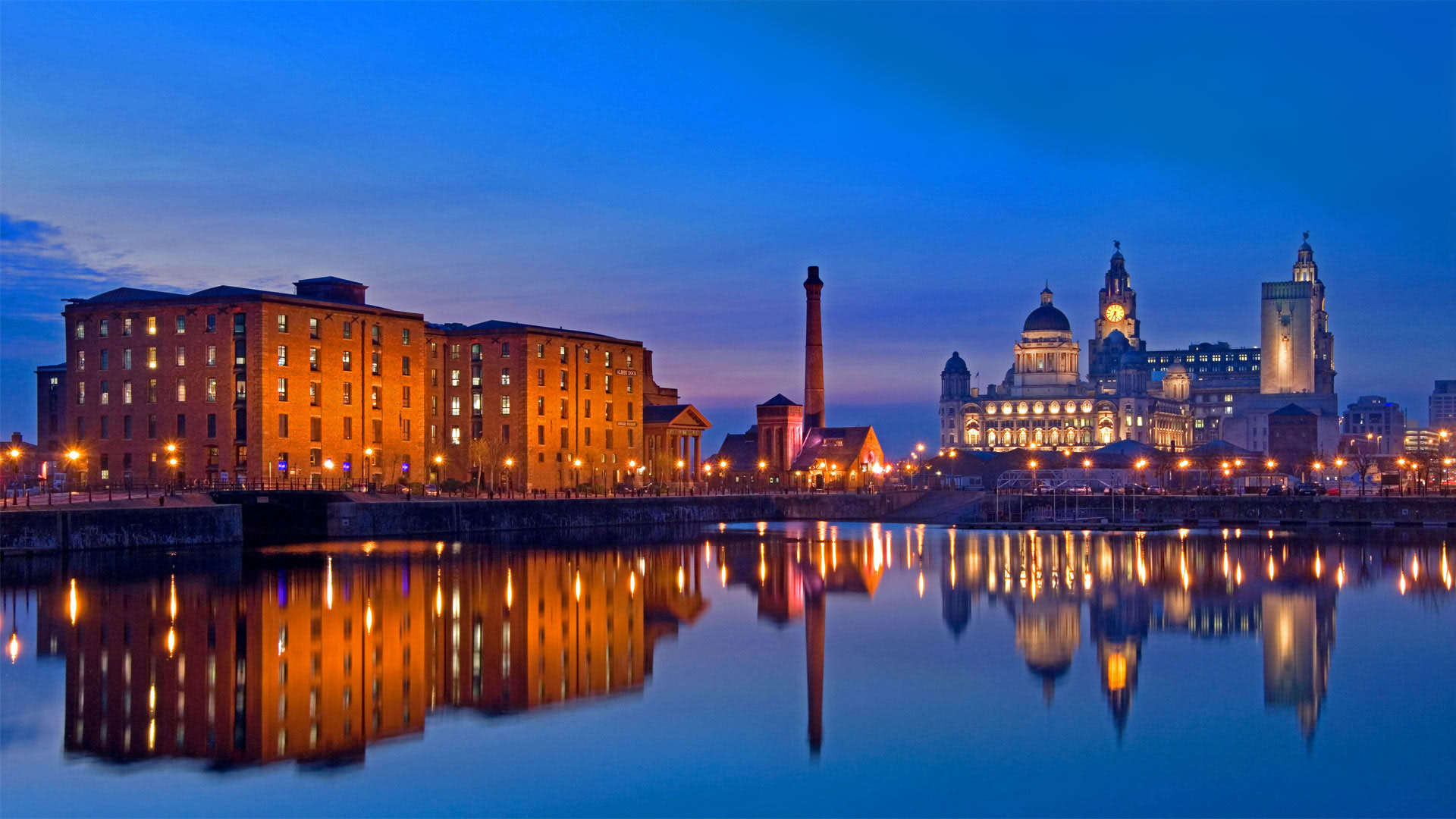Introduction
Access to proper sanitation and waste management is a crucial aspect of public health and environmental protection. In many parts of the world, including Cameroon, lack of access to clean water and proper sanitation facilities poses a significant challenge. However, Cameroon has come up with an innovative solution to address this issue through the use of waterless toilets.
What are waterless toilets?
Waterless toilets, also known as dry toilets, are a sustainable alternative to traditional flush toilets that do not require water for flushing. Instead, they use a variety of mechanisms to manage waste without the need for water, making them particularly suitable for regions facing water scarcity.
Cameroon’s sustainable approach
In Cameroon, the use of waterless toilets has been gaining traction as a sustainable approach to waste management. These toilets are designed to efficiently separate liquid and solid waste, minimizing odor and enabling the composting of organic matter. The resulting compost can then be used as fertilizer for agricultural purposes, promoting a circular economy and reducing the environmental impact of waste disposal.
Benefits of waterless toilets
There are several benefits to using waterless toilets, particularly in regions with limited access to water and sanitation. These include:
- Conservation of water resources
- Reduced environmental pollution
- Creation of nutrient-rich compost for agriculture
- Improved public health and sanitation
Challenges and future prospects
While waterless toilets offer numerous advantages, their widespread adoption still faces challenges such as infrastructure limitations, cultural acceptance, and technological barriers. However, with continued innovation and investment, the use of waterless toilets has the potential to significantly improve sanitation and waste management in Cameroon and beyond.
Conclusion
Cameroon’s innovative solution to waterless toilets demonstrates a sustainable and environmentally friendly approach to waste management. By prioritizing the conservation of water resources and promoting the reuse of organic waste, waterless toilets offer a viable solution to the challenges of sanitation and waste management in water-scarce regions.








